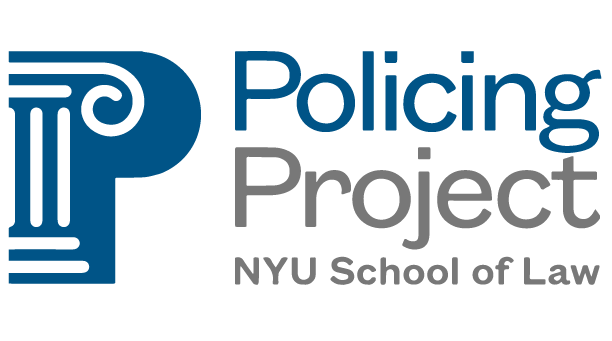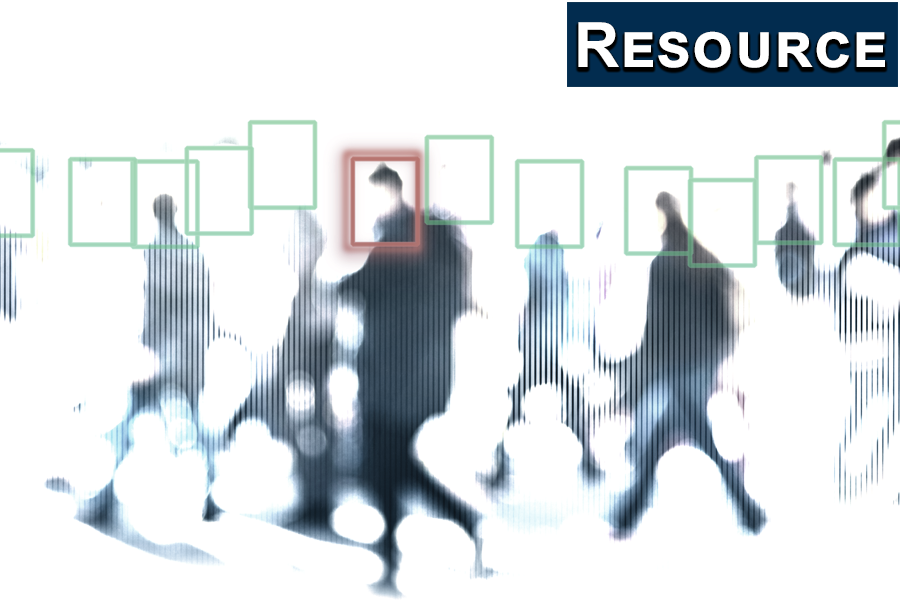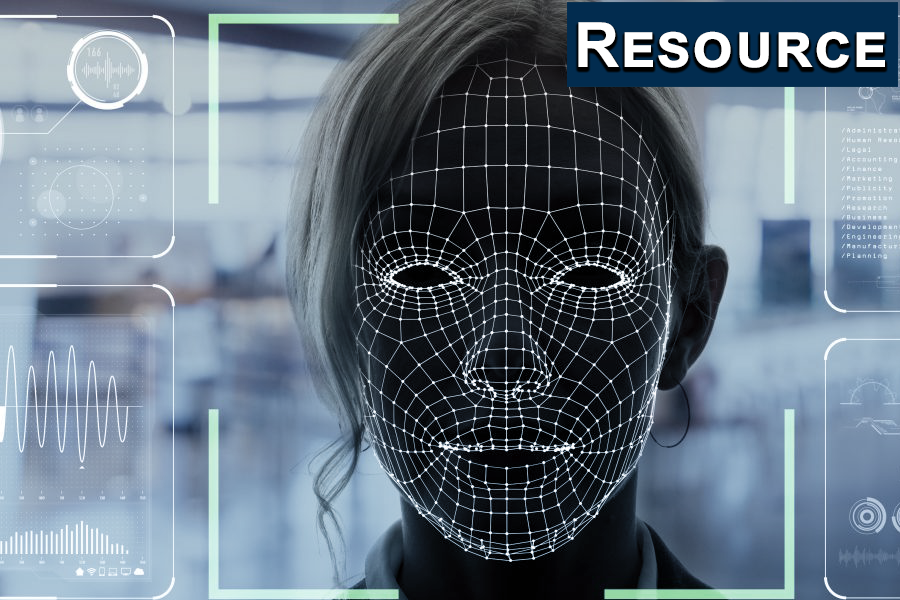Read the full report: Axon AI Ethics Board 2020 End of Year Report (.PDF)
Axon AI Ethics Board: 2020 End of Year Report
Overview
2020 saw a renewed focus on policing reform and the widespread deployment of new technologies, such as aerial surveillance and facial recognition. Amidst these changes, the work of the Axon AI Ethics Board was as vital as ever.
The Axon AI Ethics Board was established in 2018. Its purpose is to help guide and advise Axon on ethical issues relating to the development and deployment of new policing technologies. Policing Project Founder and Faculty Director Barry Friedman is an original member of the Board, and the Policing Project provides staff support to the Board by facilitating its meetings, conducting research, and drafting reports of the Board’s conclusions and recommendations.
Key Takeaways
The 2020 End of Year Report summarizes the work of the Board over the 2020 calendar year, including:
1). Pushing Axon to rethink its customer base: The Board has urged Axon to think of its customer base not as law enforcement agencies, but as the communities those agencies serve. These efforts have led to Axon’s hiring of a VP of Community Impact, the creation of a Community Coalition, and the integration of the Board’s Product Evaluation Framework into Axon’s product development process.
2). Review of Fleet 3: After a series of meetings between the Board and Axon, the company agreed to adopt nearly all of the Board’s ethical recommendations regarding the development of Fleet 3, Axon’s first product featuring automated license plate recognition.
3). Review of Social Media and Webpage Evidence: The Board reviewed a new feature for Axon Citizen that would allow members of the public to capture online content, such as websites and social media, to submit as evidence directly to law enforcement agencies. As a result of the Board’s concerns over potential ethical risks, Axon discontinued the feature.








Working Draft for Public Review